Opinion
We’re America’s most loyal ally in Syria.
Don’t forget us.
Today, Kobane is again under threat — and all the gains of those partnerships are also in danger.
This time, the threat comes not from Islamic State terror, but from a U.S. ally and a member of NATO. For more than a week, the government of Turkish President Recep Tayyip Erdogan has rained bombs down on our cities, killing civilians, destroying critical civilian infrastructure and targeting the Syrian Democratic Forces working to keep ISIS down.
For the people of our region, the military defeat of the Islamic State was never our only goal. At every step of our fight against the terror group on the battlefield, we took steps to crush the ideology behind it by building a system based on inclusion, pluralism and equality. In Raqqa, for example, where Abu Bakr al-Baghdadi once ruled over ISIS territory, Syrian women are now prominent leaders.
In 2015, we established the Syrian Democratic Forces, a coalition of Kurds, Arabs and Assyrians committed to defeating the Islamic State. In every city we liberated, our people built local administrations that, for the first time in Syria, represented all ethnicities and religions and gave women equal power.
We’ve been criticized at times for falling short of the West’s democratic standards. Our system is not perfect: We had to build it while at war for our existence and under a crushing economic blockade.
But in terms of the quality of governance and security we have been able to provide, we have outdone every other authority in Syria — and none of it would have been possible without the victory at Kobane and the international support for our resistance that it brought.
Now the Turkish offensive against our region is putting all of that under renewed threat.
One strike in the border city of Derik, home to Kurds, Yazidis and Christians, killed more than 10 civilians. Another targeted the base near the city of Hasakah, where I work with the United States to plan operations against ISIS, striking just hundreds of meters from U.S. forces. I believe it was an attempt on my life: Turkey has assassinated several of my colleagues in the SDF and our administration this year.
Adding to the terror and chaos of the bombing campaign, Erdogan continues to threaten a ground invasion of our territory. We know what the consequences of such an attack will be, because Turkey has done this twice before.
The Turkish invasions of Afrin in 2018 and Ras al-Ayn and Tal Abyad in 2019 displaced hundreds of thousands of people and disrupted the global fight against the Islamic State. After years of Turkish rule, these regions are now infamous for chaos, instability, infighting and the presence of extremists.
Where our administration once protected ethnic coexistence, religious freedom and women’s rights, Turkish forces and Turkey-backed militias commit unspeakable abuses against ethnic and religious minorities and women with impunity.
Under our administration, Afrin was the only part of northwest Syria untouched by radical Islamists. Since the area has come under Turkish control, groups affiliated with al-Qaeda operate freely on its territory. This summer, a U.S. drone strike killed Maher al-Agal, a top ISIS leader, there.
Turkey is not threatening our people and the security and stability for which we have sacrificed so much because of anything we have done. As a pretext for war, Erdogan has accused our forces of involvement in a deadly bombing in Istanbul. Let me make it clear: We deplore and condemn this act of terror, reject all accusations of involvement and again offer our condolences to the victims. We reiterate our call for an investigation and are ready to assist if one takes place.
We ask no one to fight for us. My people are still here because we have resisted alone countless times before. If we must, we will resist again. What we ask is for the world to be with us in a more difficult task: peace.
We believe that the roots of the conflicts that have brought so much pain and suffering to our region are political. There is no inherent hatred between Kurds and Turks: Turkish leaders have made the political choice to see Kurds as a security threat and deny us our fundamental democratic rights. In the past, Erdogan has negotiated with the Kurdistan Workers’ Party (PKK) to end the armed conflict between the group and the Turkish state and resolve the Kurdish question by peaceful means.
When those talks were taking place, we lived in peace with our Turkish neighbors. If they were to restart, we would be able to do so again.
And when our region was under threat in 2019, the PKK offered, in this very newspaper, to sit down and seek a political solution. The call went unanswered, and Turkey invaded and occupied two of our cities just months later.
Had the international community stood firmly against a Turkish invasion and spoken up for peace, things may have gone very differently. Though no one can turn back time, we can learn from the tragedies of the past.
We declare that we are ready to play a helpful role in restarting these talks and reaching the peace that we seek. We call on the international community to immediately take concrete steps to prevent a Turkish invasion and to promote a political solution to the Kurdish conflict based on democracy, coexistence and equal rights. The existence of our people and the security of the region depend on it.
ASSOCIATED PRESS • November 26, 2022
BEIRUT — The commander of the main U.S.-backed Kurdish-led force in Syria said Saturday they have halted operations against the Islamic State group due to Turkish attacks on northern Syria over the past week.
Mazloum Abdi of the Syrian Democratic Forces told reporters that after nearly a week of Turkish airstrikes on northern Syria, Ankara is now preparing for a ground offensive. He said Turkey-backed opposition fighters are getting ready to take part in the operations.
Abdi added that Turkish strikes over the past week have caused severe damage to the region's infrastructure.
Abdi said Turkey is taking advantage of the deadly Nov. 13 bombing in Istanbul that Ankara blames on Kurdish groups. Kurdish organizations have denied any involvement in the Istanbul attack that killed six and wounded dozens.
Over the past week, Turkey launched a wave of airstrikes on suspected Kurdish rebels hiding in neighboring Syria and Iraq in retaliation for the Istanbul attack.
"The forces that work symbolically with the international coalition in the fight against Daesh are now targets for the Turkish state and therefore (military) operations have stopped," Abdi said, using an Arabic acronym of the Islamic State group. "Anti-Daesh operations have stopped."
His comments came hours after the U.S. military said two rockets targeted U.S.-led coalition forces at bases in the northeastern Syrian town of Shaddadeh resulting in no "injuries or damage to the base or coalition property."
The U.S. military statement said SDF fighters visited the site of the rocket's origin and found a third unfired rocket.
The Britain-based Syrian Observatory for Human Rights, an opposition war monitor, in an early report about the Friday night rocket attack said "the area has been witnessing attacks by (IS) cells." It later said that Iran-backed militias "are responsible for yesterday's rocket fire."
"Attacks of this kind place coalition forces and the civilian populace at risk and undermine the hard-earned stability and security of Syria and the region," said Col. Joe Buccino, CENTCOM spokesman.
The SDF said in a statement before midnight Friday that as Turkish drones flew over the al-Hol camp that is home to tens of thousands of mostly wives, widows and children of IS fighters, some IS family members attacked security forces and managed to escape from the sprawling facility. The SDF did not say how many escaped but that they were later detained.
Kurdish authorities operate more than two dozen detention facilities scattered across northeastern Syria holding about 10,000 IS fighters. Among the detainees are some 2,000 foreigners whose home countries have refused to repatriate them, including about 800 Europeans.
December 03, 2022
Associated Press
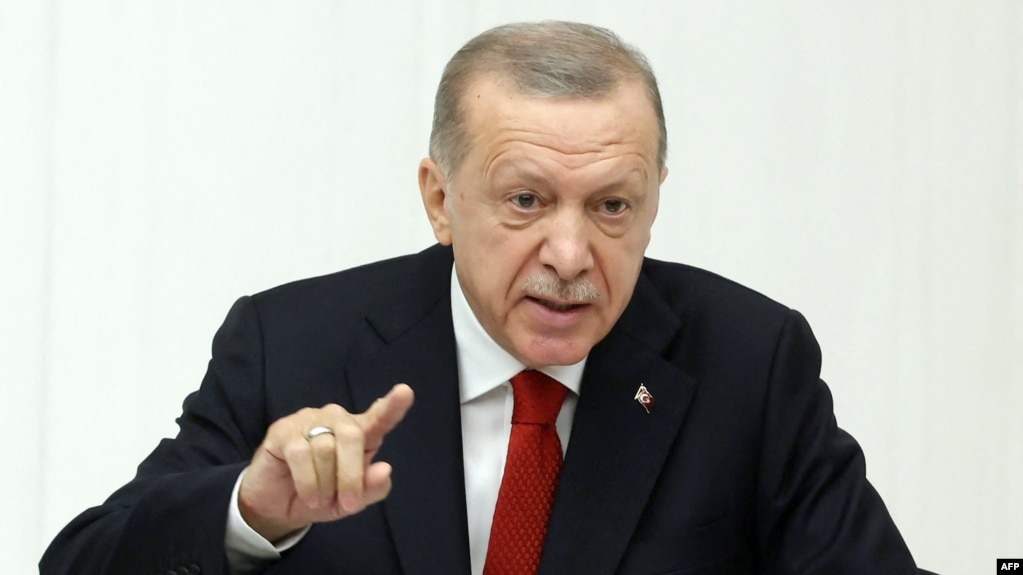
BUCHAREST, ROMANIA —
The administration of U.S. President Joe Biden is toughening its language toward NATO ally Turkey as it tries to talk Turkish President Recep Erdogan out of launching a bloody and destabilizing ground offensive against American-allied Kurdish forces in neighboring Syria.
Since November 20, after six people died in an Istanbul bombing a week before — which Turkey blamed, without evidence, on the United States and its Kurdish allies in Syria — Turkey has launched cross-border airstrikes, rockets and shells into U.S.- and Kurdish-patrolled areas of Syria, leaving Kurdish funeral corteges burying scores of dead.
Some criticized the initial muted U.S. response to the near-daily Turkish bombardment — a broad call for “de-escalation” — as a U.S. green light for more. With Erdogan not backing down on his threat to escalate, the U.S. began speaking more forcefully.

US Pleas for Calm Fail to Resonate Along Turkish-Syrian Border
U.S. Defense Secretary Lloyd Austin called his Turkish counterpart on Wednesday to express “strong opposition” to Turkey launching a new military operation in northern Syria.
And National Security Council spokesman John Kirby on Friday made one of the administration's first specific mentions of the impact of the Turkish strikes on the Kurdish militia, known as the Syrian Democratic Forces, that works with the U.S. against Islamic State militants bottled up in northern Syria.
Wide repercussions
How successfully the U.S. manages Erdogan’s threat to send troops in against America's Kurdish partners over coming weeks will affect global security concerns far from that isolated corner of Syria.
That's especially true for the Ukraine conflict. The Biden administration is eager for Erdogan's cooperation with other NATO partners in countering Russia, particularly when it comes to persuading Turkey to drop its objections to Finland and Sweden joining NATO.
But giving Turkey free reign in attacks on the Syrian Kurds in hopes of securing Erdogan's cooperation within NATO would have big security implications of its own.
U.S. forces on Friday stopped joint military patrols with the Kurdish forces in northern Syria to counter Islamic State extremists, as the Kurds concentrate on defending themselves from the Turkish air and artillery attacks and a possible ground invasion.
Since 2015, the Syrian Kurdish forces have worked with the few hundred forces the U.S. has on the ground there, winning back territory from the Islamic State and then detaining thousands of Islamic State fighters and their families and battling remnant Islamic State fighters. On Saturday, the U.S. and Kurds resumed limited patrols at one of the detention camps.
“ISIS is the forgotten story for the world and the United States, because of the focus on Ukraine,” said Omer Taspinar, an expert on Turkey and European security at the Brookings Institution and the National War College. ISIS is one widely used acronym for the Islamic State.

“Tragically, what would revive Western support for the Kurds ... would be another ISIS terrorist attack, God forbid, in Europe or in the United States that will remind people that we actually have not defeated ISIS,” Taspinar said.
Turkey says the Syrian Kurds are allied to a nearly four-decade PKK Kurdish insurgency in southeast Turkey that has resulted in the deaths of tens of thousands of people on both sides. The United States' Syrian Kurdish allies deny any attacks in Turkey.
U.S. Central Command, and many in Congress, praise the Syrian Kurds as brave comrades in arms. In July, Central Command angered Turkey by tweeting condolences for a Syrian Kurdish deputy commander and two other female fighters killed by a drone strike blamed on Turkey.
In 2019, a public outcry by his fellow Republicans and many others killed a plan by President Donald Trump, which he announced after a call with Erdogan, to clear U.S. troops out of the way of an expected Turkish attack on the Kurdish allies in Syria.
Then-presidential contender and now U.S. President Joe Biden was among those expressing outrage.
“The Kurds were integral in helping us defeat ISIS — and too many lost their lives. Now, President Trump has abandoned them. It’s shameful,” Biden tweeted at the time.
The measured U.S. response now — even after some Turkish strikes hit near sites that host U.S. forces — reflects the significant strategic role that Turkey, as a NATO member, plays in the alliance's efforts to counter Russia in Europe. The State Department and USAID did not immediately answer questions about whether the Turkish strikes had hindered aid workers and operations that partner with the United States.
Trying to exert leverage
Turkey, with strong ties to both Russia and the U.S., has contributed to its NATO allies' efforts against Russia in key ways during the Ukraine conflict. That includes supplying armed drones to Ukraine, and helping mediate between Russia and the United States and others.
But Turkey is also seeking to exert leverage within the alliance by blocking Finland and Sweden from joining NATO. Turkey is demanding that Sweden surrender Kurdish exiles that it says are affiliated with the PKK Kurdish insurgents.
Turkey’s state-run news agency reported that Sweden extradited a member of the PKK, and he was arrested Saturday upon arrival in Istanbul.
Turkey is one of only two of the 30 NATO members not to have signed off yet on the Nordic countries' NATO memberships. Hungary, the other, is expected to do so.
At a gathering of NATO foreign ministers in Bucharest, Romania, this past week, NATO diplomats refrained from publicly confronting Turkey, avoiding giving offense that might further set back the cause of Finland's and Sweden's NATO membership.
Turkey's foreign minister made clear to his European counterparts that Turkey had yet to be appeased when it came to Finland or Sweden hosting Kurdish exiles there.
“We reminded that in the end, it’s the Turkish people and the Turkish parliament that need to be convinced,” Turkish Foreign Minister Mevlut Cavusoglu told reporters on the sidelines.
U.S. Secretary of State Antony Blinken is expected to talk Thursday with Finland's and Sweden's foreign ministers on dealing with Turkey's objections to their NATO accession.
Experts say the Biden administration has plenty of leverage to wield privately in urging Erdogan to relent in the threatened escalated attack on Syrian Kurds. That includes U.S. F-16 fighter sales that Turkey wants but have been opposed by Senate Foreign Relations Committee Chairman Robert Menendez and others in Congress.
There's a third big security risk in the U.S. handling of Turkey's invasion threat, along with the possible impact on the Ukraine conflict and on efforts to contain the Islamic State.
That's the risk to Kurds, a stateless people and frequent U.S. ally often abandoned by the U.S. and the West in past conflicts over the past century.
If the U.S. stands by while Turkey escalates attacks on the Syrian Kurds who were instrumental in quelling the Islamic State, “especially in the aftermath of Afghanistan, what message are we sending to the Middle East?" asked Henri J. Barkey, an expert on Kurds and Turkey at the Council on Foreign Relations and at Lehigh University.
An ethnic group of millions at the intersection of Turkey, Iraq, Iran and Syria, Kurds lost out on a state of their own as the U.S. and other powers carved up the remnants of the Turkish Ottoman Empire after World War I.
Saddam Hussein and other regional leaders used poison gas, airstrikes and other tools of mass slaughter over the decades to suppress the Kurds. As under U.S. President George H.W. Bush in 1991 after the Gulf War, the U.S. at times encouraged popular uprisings but stood by as Kurds died in the resulting massacres.
On November 28, hundreds of Syrian Kurds gathered for the victims of one of the Turkish airstrikes — five guards killed securing the al-Hol camp, which holds thousands of family members of Islamic State fighters.
Relatives of one of the Kurdish guards, Saifuddin Mohammed, placed his photo on his grave.
“Of course, we are proud,” said his brother, Abbas Mohammed. “He defended his land and his honor against the Turkish invading forces.”
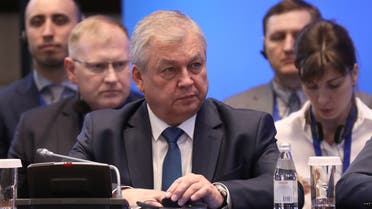
AFP, Astana
Published: 22 November ,2022:
Russia on Tuesday said it hoped Turkey would exercise “restraint” and refrain from “any excessive use of force” in Syria, where Ankara has carried out air strikes and is threatening to launch a ground offensive against Kurdish fighters.
“We hope to convince our Turkish colleagues to refrain from resorting to excessive use of force on Syrian territory” to “avoid the escalation of tensions,” Alexander Lavrentyev, Russian President Vladimir Putin’s special envoy on Syria, told reporters in Astana.
For the latest headlines, follow our Google News channel online or via the app.
Turkey on Sunday launched a series of air raids targeting bases of outlawed Kurdish militants across northern Syria and Iraq.
At least 37 people were killed in the strikes, according to a report by Britain-based monitoring group the Syrian Observatory for Human Rights.
“Russia has for months ... done everything possible to prevent any large-scale ground operation,” Lavrentyev said in the Kazakh capital, which is hosting a tripartite meeting between Russia, Turkey and Iran on Syria.
The three countries are major players in the war in Syria, which has claimed nearly half a million lives since 2011.
Turkish President Recep Tayyip Erdogan has been threatening to launch a new military operation in northern Syria since May.
“We will make those who disturb us on our territory pay,” he said on Monday, adding that consultations were ongoing “to decide the level of force that should be used by our ground forces.”
The Turkish air offensive, codenamed Operation Claw-Sword, came a week after a blast in central Istanbul killed six people and wounded 81, an attack Turkey has blamed on the outlawed Kurdistan Workers’ Party (PKK).
The PKK has waged a bloody insurgency in Turkey for decades and is designated a terror group by Ankara and its Western allies. But it has denied involvement in the Istanbul explosion.
Read more:
Iraq condemns Iranian, Turkish attacks on Kurdistan region
Thousands in north Syria attend funerals of Turkish raids victims
Rocket strikes from Syria kill at least two people in Turkey, governor says
November 22, 2022
The uptick in tension between Turkey and Syrian Kurdish militants could result in a new ground operation by Ankara, experts said, as President Recep Tayyip Erdogan vows more comprehensive military action amid the rising nationalist sentiment in the country with elections six months away.
Two people were killed and 10 wounded Monday in a mortar attack by Syrian Kurdish militants in Gaziantep province in southern Turkey, officials said.
According to Interior Minister Suleyman Soylu, one of the projectiles hit a schoolyard in Gaziantep’s Karkamis town, killing a teacher and a child, and wounding 10 people, including a pregnant woman.
Officials said schools in the area will be closed for the remainder of the week.
The attack, which officials blame on the Syrian Kurdish militants, came after a series of airstrikes by the Turkish military in neighboring Iraq and Syria over the weekend.
Ankara says the airstrikes were in retaliation for last week’s deadly bombing in a busy area in Turkey’s biggest city, Istanbul.
Turkish authorities said Kurdish militants were behind the bombing, which killed six people and wounded dozens. The Kurdish Workers’ Party (PKK) and its Syrian branch, People’s Defense Units (YPG) denied involvement.
But Erdogan indicated that another ground operation in Syria is possible, saying Turkey’s military actions would not be limited to airstrikes.
The Turkish military have launched three ground incursions in the past in northern Syria, where it says Kurdish militants backed by the United States want to establish an independent Kurdish state.
Speaking to journalists during his return flight from Qatar, where he attended the opening ceremony of FIFA World Cup 2022, Erdogan said, “I always said we might come suddenly one night. We were not saying this in vain.”
“It is out of the question that this would be limited to air operations. Our Ministry of Defense and chief of staff will make a decision on how big a unit from our ground forces would be needed. We will engage in consultations and then will take our steps accordingly,“ he added.
US condemnation
The United States considers the PKK a terrorist organization while it backs its Syrian affiliate, Syrian Democratic Forces, led by YPG, in the fight against ISIS in Syria. U.S. support for the YPG has caused tension between the two allies.
"The United States expresses its sincere condolences for the loss of civilian life in Syria and Turkey. We urge de-escalation in Syria to protect civilian life and support the common goal of defeating ISIS. We continue to oppose any uncoordinated military action in Iraq that violates Iraq’s sovereignty," State Department spokesman Ned Price said in a statement.
The U.S. Embassy in Ankara condemned the recent attack in Gaziantep, calling it “violent and unjustified” in a statement shared on its official Twitter account, saying “The U.S. Mission joins the people of Türkiye in mourning the three innocent lives lost today in Karkamis.”
“We are NATO allies but unfortunately it was the United States that sent thousands of supplies and equipment, ammunition and weapons to the terror region in Syria,” Erdogan said after the Monday’s attack, noting that he raised the issue with U.S. President Joe Biden as he has with other U.S. presidents, including Trump and Obama.
Presidents Biden and Erdogan met on the sidelines of the G-20 Summit in Indonesia last week. According to the readout provided by the White House, Biden “expressed his deep condolences to President Erdogan and the people of Turkiye on the acts of violence in Istanbul and made clear we stand with our NATO Ally.”
Pentagon opposed to military action
Washington is known to have long opposed a major incursion by Turkey because it would disrupt the stability in the region.
The U.S. Department of Defense said on Monday that it “continues to oppose any military action that destabilizes the situation in Syria or violates Iraq’s sovereignty through military actions uncoordinated with the Iraqi government.”
“These actions threaten our shared goals, including to continue the fight against ISIS and make sure the group can never resurge,” Pentagon spokesperson Lt. Col. Phillip Ventura told VOA.
Domestic politics and election calculus
Turkish President Erdogan threatened a military incursion last summer, but those plans met with pushback from several actors in the region, including Russia, the United States and Iran.
The deadly bombing in Istanbul followed by the recent attack in Gaziantep, both blamed on Kurdish militants, increased the likelihood for the threat of military action to materialize.
Experts speaking to VOA believe it’s very likely, if not imminent, that Turkey will launch a new ground operation in Syria in the coming months.
Max Hoffman, the senior director of National Security and International Policy at Center for American Progress focusing on Turkey and Kurdish regions, says one of the reasons for the heightened tensions is Erdogan’s domestic political calculus as he faces an election battle in six months.
“We have history as a guide here. Three of the four major Turkish interventions in northern Syria have come in the run-up to Turkish elections. I don’t think that’s the only consideration but it’s certainly an important one. At some point it’s very likely that we’ll see a significant incursion,” he said.
James Jeffrey, former U.S. Ambassador to Turkey and Iraq, appears to agree. He told VOA there is a strong nationalist sentiment in Turkey right now, and Erdogan may see the military incursion as a way to increase his chances of winning the election.
Jeffrey served as the Secretary’s Special Representative for Syria Engagement and the Special Envoy to the Global Coalition to Defeat ISIS until 2020 before he joined the Wilson Center in Washington.
Both experts predict that, in the event of a new military incursion by Turkey, the level and tone of the reaction from the United States would depend on where Turkish military would target in Syria.
“If it's a major Turkish attack on, for instance, Kobani, I think you'll see a stronger U.S. response,” Hoffman tells VOA.
Jeffrey says that although the United States would prefer there be no military incursion into Syria, “Washington is less concerned about possible military action in the northwest of Syria as opposed to the northeast.”
In the broader context of Turkey-U.S. relations, Ankara has yet to ratify Sweden and Finland’s NATO membership as the Russian invasion in Ukraine continues.
Turkey has requested to purchase F-16s and modernization kits from the United States and a possible sale would require the approval by U.S. Congress.
Max Hoffman says a major military operation by Turkey in Kobani would not help the overall picture, adding that “there are important voices on Capitol Hill particularly in the Senate whose positions would be affected by a possible Turkish incursion.”
This story originated in VOA’s Turkish service. VOA's Jeff Seldin contributed to this report.
Turkish warplanes attack US center for training Kurd fighters
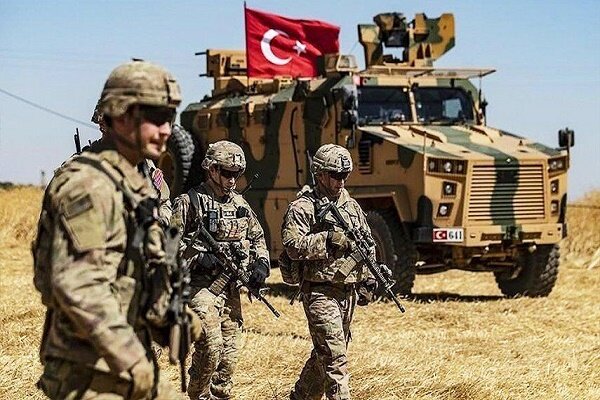
TEHRAN, Nov. 22 (MNA) – Turkis warplanes delivered an airstrike at a US center for training Kurdish fighters of the Syrian Democratic Forces (SDF) in Syria’s northeastern al-Hasakah governorate.
According to the Beirut-based Al Mayadeen television channel on Monday, US military instructors are working in this center.
No data about casualties are available.
Meanwhile, Turkish forces shelled the Amuda border area in the north of Syria’s al-Hasakah governorate, the Firat news agency reported on Monday.
According to the news agency, dozens of shells were fired at the positions of the Kurdish Syrian Democratic Forces (SDF) in the settlement Mer’it. Several civilians were killed or wounded.
Earlier in the day, Turkish warplanes attacked SDF positions in the settlements of Bahira and Tell Hamdun in this border sector, wounding two locals.
Also on Monday, Turkish fighter jets delivered strikes at Kurdish units near Ayn al-Arab (also known as Kobani) on the Euphrates eastern bank. Apart from that, artillery shelling was conducted at several Kurdish villages in the Al-Shehba neighborhood in western Aleppo.
On November 20, SDF attacked the Karkamysh border area in the Gaziantep province and the Onjupynar checkpoint near the city of Kilis, wounding eight people.
Earlier, Turkey’s defense ministry reported that 89 targets had been destroyed during the night air attack in northern Iraq and Syria on November 20. The ministry claimed that strikes had been delivered at places of deployment of the Kurdistan Workers’ Party and Syrian Kurdish units.
Turkish National Defense Minister Hulusi Akar announced on Monday, "Since the beginning of Operation Claw-Sword, 184 terrorists have been killed by means of aircraft and fire support from the ground. According to our estimates, this figure will grow. We will continue our struggle until the last terrorist is destroyed."
Experts say that Turkey’s cross-border operation in northern Iraq and Syria was a response to the November 13 terror attack in Istanbul, which left six people dead and more than 80 injured. The Turkish authorities placed the blame for it on the Kurdistan Workers’ Party and SDF’s People's Defense Units.
Moscow also called on Turkey to show restraint in light of the strikes on Syrian territory, tensions cannot be allowed to escalate.
"We will call on our Turkish colleagues to show certain restraint in order to prevent an escalation of tension, not only in the northern and northeastern regions of Syria, but throughout the entire territory," Russia's special presidential envoy for Syria Alexander Lavrentyev said at the beginning of the 19th round of talks on the Syrian settlement in Astana.
He said work with all interested parties should be continued, and an attempt should be made to find a peaceful solution to the Kurdish issue.
Lavrentyev said Turkey had not notified Russia in advance about the air operation in Syria and Iraq; the issue would be discussed during the meeting on Syria in Astana.
"We hope to convince our Turkish partners to refrain from using excessive force on Syrian territory," the Russian special envoy said.
ZZ/PR
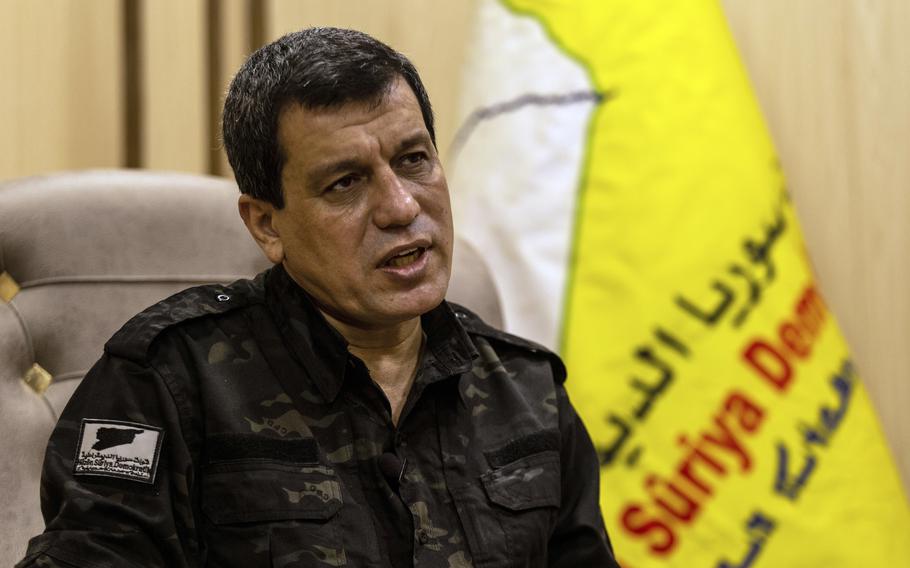









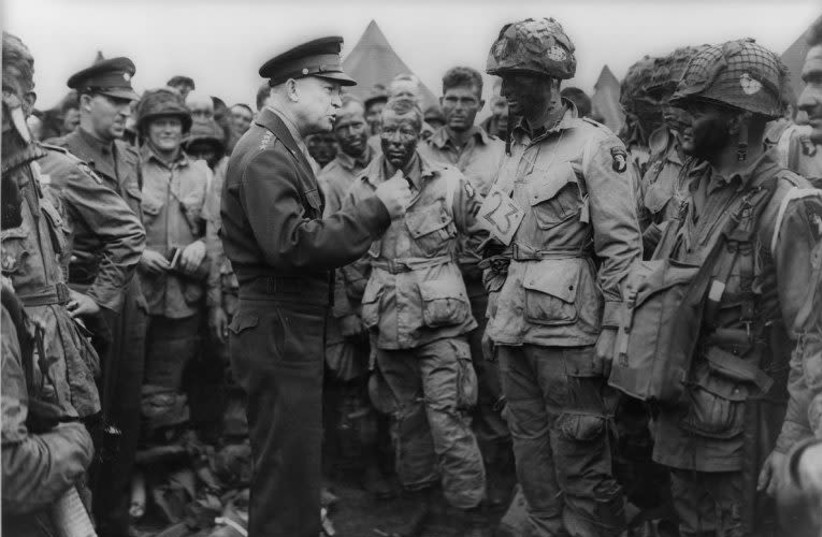
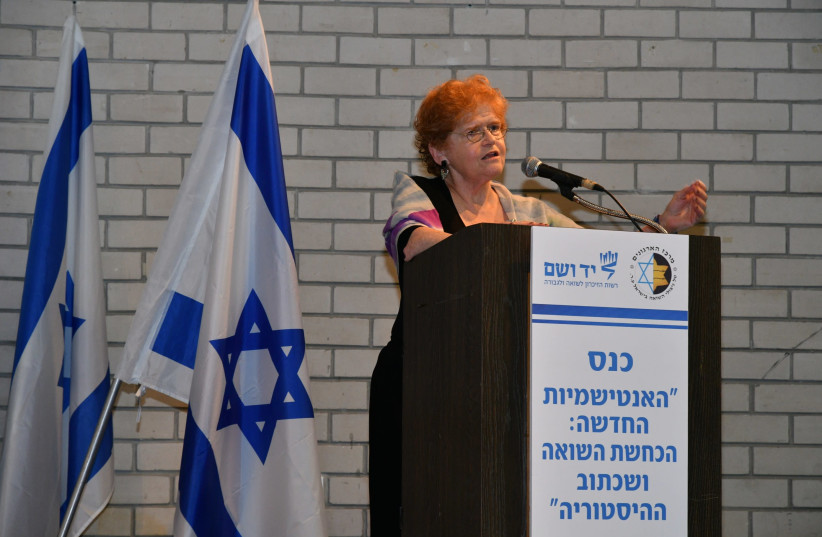
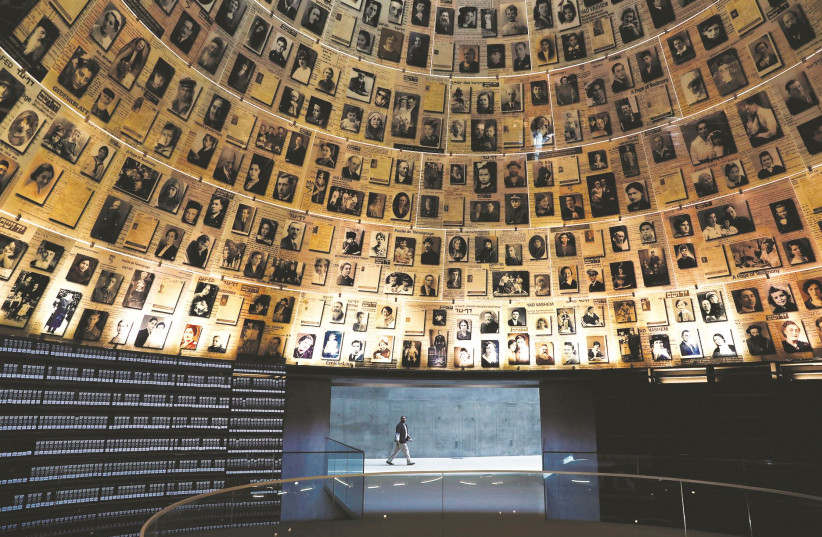
.jpg)